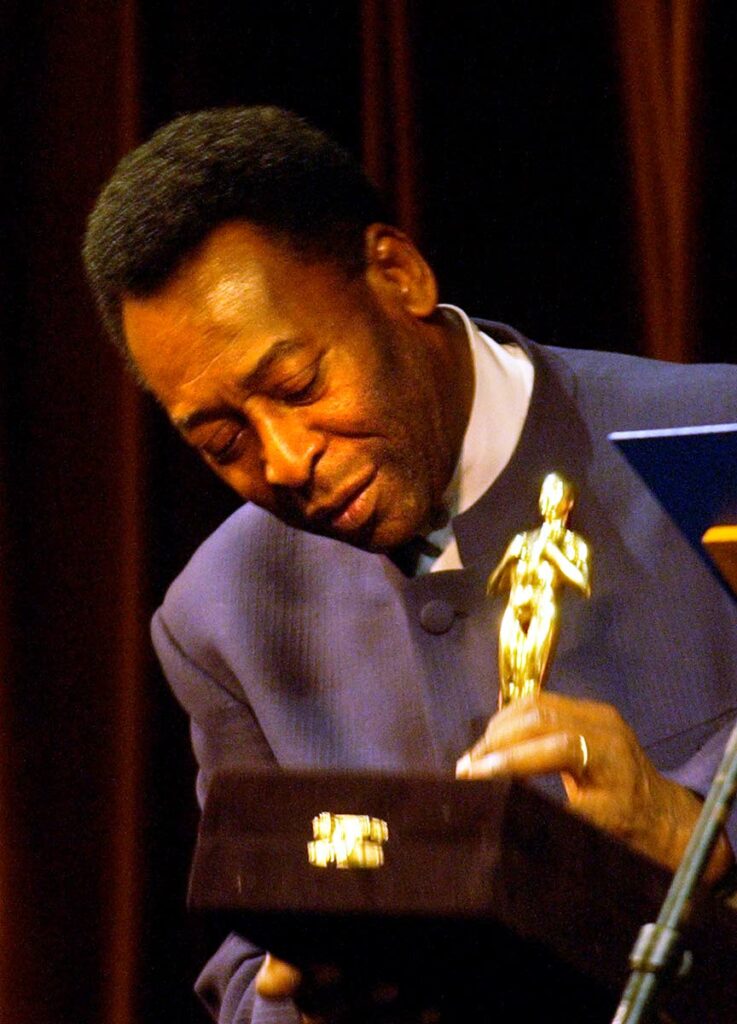King Pele

WITH HIS death, the conversation has not been about whether he was great but whether he was the greatest.
Such is the universal recognition of the virtuosity, talent and flair of Pele, who has died this week at 82.
Born Edson Arantes do Nascimento on October 23, 1940 in a municipality of south-eastern Brazil, his destiny was clear early on. The nickname Pele was given to him, though why is unclear: the word has no known meaning in Portuguese.
Such a unique name befits the fact that Pele was one of a kind.
“I promised to my father, ‘I’m going to win one World Cup for you, don’t worry.’ I was nine to ten years old,” Pele once recounted. “Then, eight years later, at 17 years old, Brazil won the World Cup. That’s a gift from God.”
God proved generous indeed. He went on to win three World Cups, a feat unmatched by any other player in history of any race, colour, creed or complexion.
But the inspiration he provided to people of the African diaspora cannot be overstated.
In many ways, Pele was the world’s first sporting superstar, able to cross the boundaries that fettered – and continue to fetter – the course of human conduct in so many areas. That he rose to prominence at a time of reckoning with racism, oppression and colonialism is significant.
As noted by prominent figures such as former US president Barack Obama, Pele was not only one of the most recognisable athletes in the world, but he understood the power of sports to bring people together.
Not only was he a sportsman, he was also a politician, businessman and an anti-corruption activist, serving as an ambassador for UNESCO and the UN. Right up to June of this year, he urged Russian President Vladimir Putin to stop the invasion of Ukraine.
Pele rose to fame first, however, because of his prolific goalscoring, his ability to work with a team, his precision and uncanny anticipation of his opponents on the field and his ability to combine speed, creativity and technical skill, including his famous dribbling.
At 17 years and 249 days, he is still the youngest player to win a World Cup and score in the final, younger even than France’s 19-year-old Kylian Mbappe was in 2018.
The arguments for and against the designation “greatest of all time” don’t do justice to the circumstances in which Pele rose to prominence, including a Brazil which was at one stage under a military dictatorship and a world which looked very different than it does now, particularly as it relates to the international football arena.
In terms of sheer inspiration alone, Pele, and no other, was king.


Comments
"King Pele"